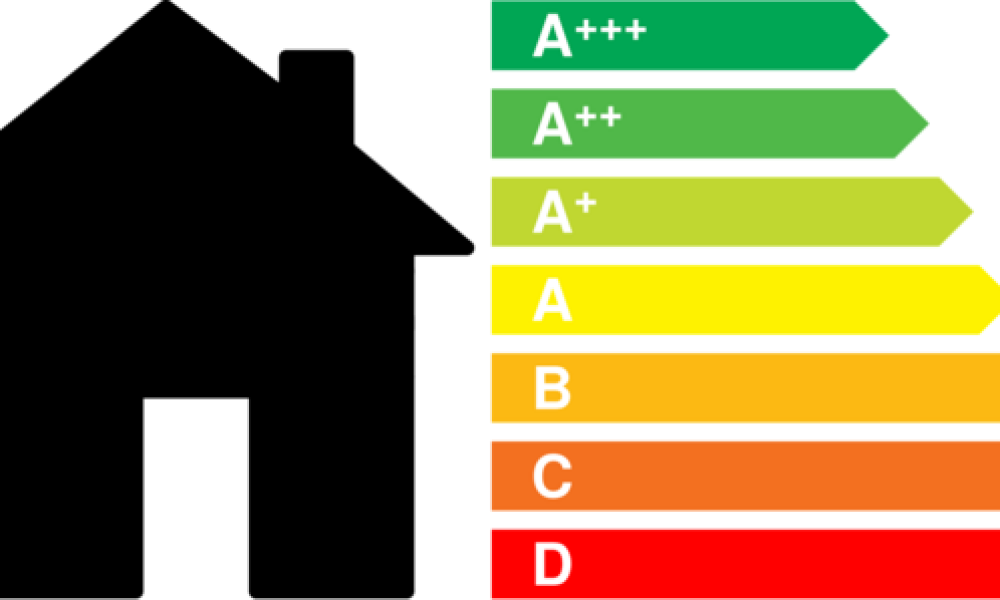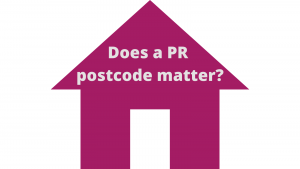The COP26 conference in Glasgow this year promises to be a potential watershed in the battle to save this planet, and it’s to be hoped that one day we’ll look back on it as a turning point in the overall fight. There are so many environmental issues that need the immediate attention of world leaders, from fossil fuel extraction in Australia to deforestation in Zimbabwe and all points in between. This is a pivotal moment in history, and more wrong decisions made now can lead to catastrophic results.
One of the many issues that delegates will be considering will be the need to provide homes with greater insulation qualities than they currently have, a campaign that will produce a number of benefits. Chief among them will be more comfortable homes for people from all walks of life and in all countries of the world. But of course, there’s far more to it than that.
Homes that are insulated to a higher standard will remain warmer in winter, and will therefore lead to a reduction in the domestic energy that we require. Having the heating on at a lower level, or sometimes not at all, will inevitably mean a lessening demand for the burning of fuel, and this will help enormously in the fight against climate change. And as another added bonus, we as consumers will end up spending less on our heating bills. Everybody wins, right.
Well, no. Not exactly.
Ventilation and how it improves your health
Sadly, in recent years many countries have embarked on insulation programmes that simply haven’t taken the issue of ventilation into proper account. Thousands, if not millions, of homes in Europe and beyond have become better insulated, but without adequate levels of ventilation that have become breeding grounds for polluted air. For the unsuspecting home owners, the end results have included shortness of breath, dry throats, dry eyes, interrupted sleeping habits, drowsiness, headaches and severe fatigue. And in worst-case scenarios many people have experienced chronic colds and respiratory infections, not to mention longer-lasting conditions such as asthma and lung disease.
It’s easy to look at inferior insulation as a stand-alone environmental problem, but unless you consider the subsequent poor ventilation that can develop you’re really not seeing the whole picture. It’s a little like getting food poisoning because the butter in your sandwich was rancid, then swearing never to eat bread again in your whole life. It’s irrational thinking, and something that badly affects your home’s Indoor Air Quality rating.
One of the more worrying aspects of the effects of inadequate ventilation is that problems can arise without the resident even becoming aware until it’s almost too late. A lack of ventilation will inevitably result in the build-up of mould, often on walls and ceilings, and sometimes even on furniture. If you don’t see that mould before it’s become highly prevalent, much of the damage could already have been done. It produces a number of allergens and irritants, not to mention potentially toxic substances.
The message here is a clear one: if you’re planning to further insulate your home, or you’ve already done exactly that recently, you need to think about making an accurate assessment of your ventilation needs. Your health, and that of your whole family, could be at risk if you don’t. Think of that insulation as adding a layer of warmth to the home; that warmth results in hotter air, and eventually that hotter air has to go somewhere before it gets the chance to do any harm.
The previous mad dash towards better insulation in the home failed to include adequate ventilation initiatives. For the sake of our health, we can’t afford to make the same mistake again. Let’s hope those at COP26 take this message on board.
Time will tell.










